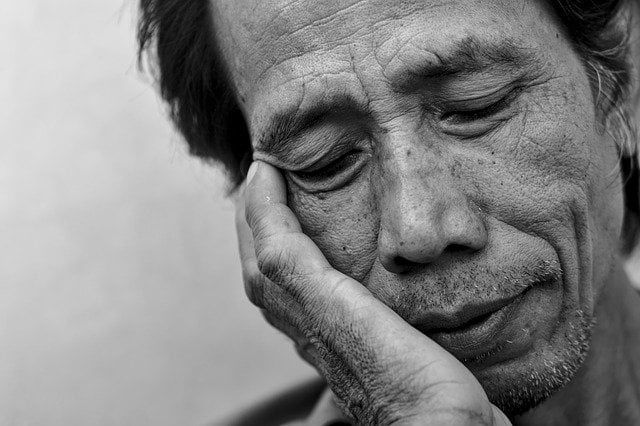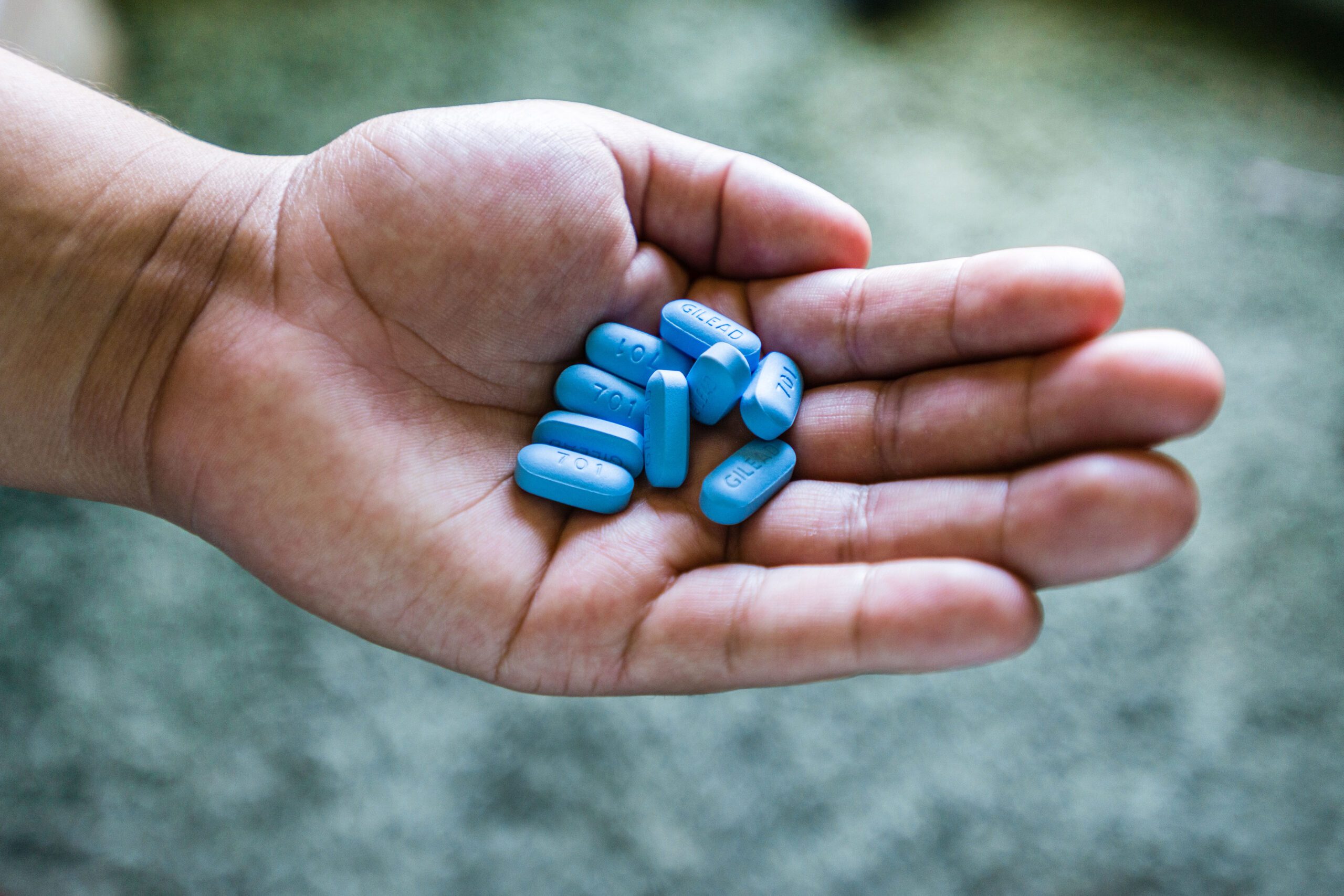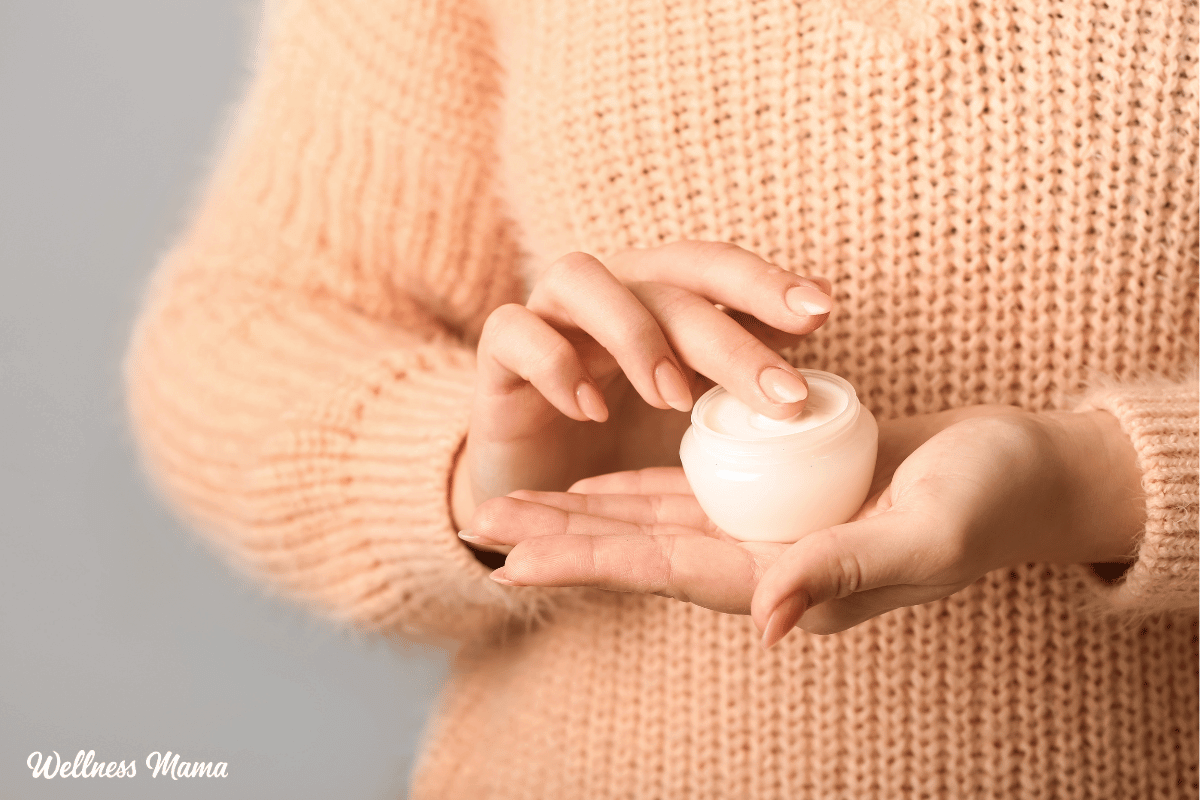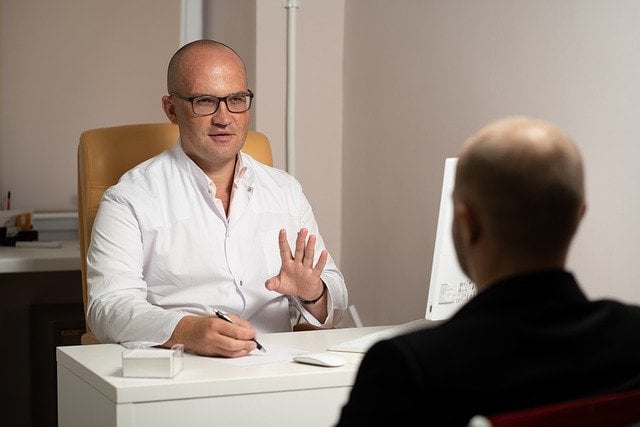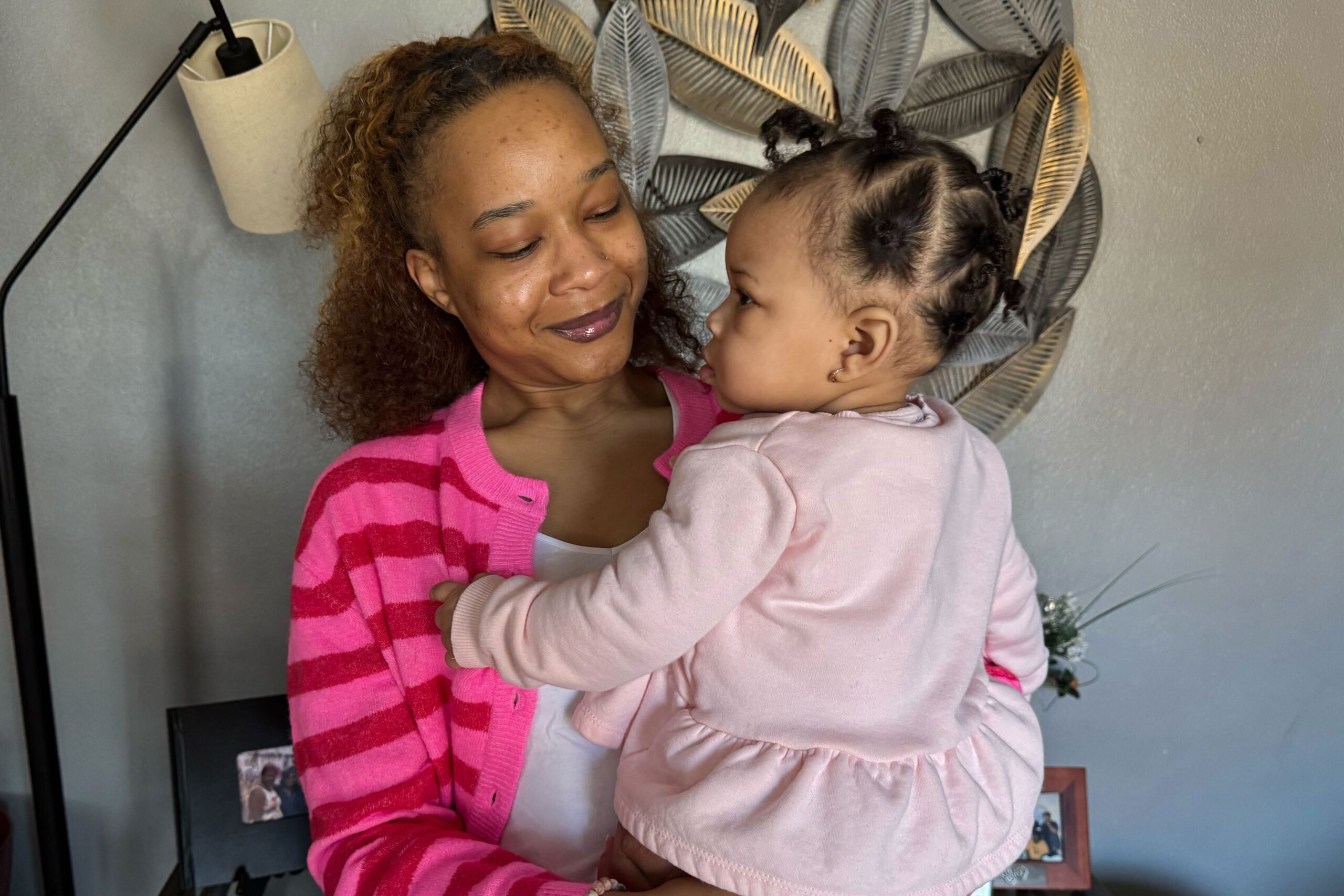By Alexis Blue-U. Arizona
In 2020, the Centers for Disease Control and Prevention reported suicide was the second leading cause of death among people ages 10-14 and 25-34, accounting for more than 9,000 deaths. Suicide also was the third leading cause of death among people ages 15-24, accounting for more than 6,000 deaths.
“Suicide is a difficult problem because it emerges from complex interactions between many, many different factors. Disrupted sleep is one such factor,” says Andrew Tubbs, a medical student researcher in the University of Arizona psychiatry department’s Sleep and Health Research Program.
“Our research shows poor sleep is linked with suicidal ideation, attempts, and deaths among college students. However, unlike other suicide risk factors, poor sleep isn’t permanent. If students can sleep better, maybe we can reduce suicide risk.”
The study evaluated suicidal thoughts and behaviors in college students during the early days of the COVID-19 pandemic, from May 2020 to May 2021. Of the 885 undergraduate students who participated in the study, 41% thought about suicide in their lifetime, with half experiencing suicidal ideation in the last three months.
Eleven percent of students reported a suicide attempt during their lifetime, with 16% of those attempts taking place in the last three months.
The researchers then compared individuals with and without suicidal ideation or prior suicide attempts on multiple measures of sleep including sleep duration, timing, insomnia, nightmares, sleep control, and depressive symptoms.
“The main differences between those with suicidal thoughts and behaviors and those without included sleep time, efficiency, quality, perceived sleep control, clinical insomnia, and clinical nightmares,” says the study’s senior author Michael Grandner, associate professor of psychiatry, director of the Behavioral Sleep Medicine Clinic, and member of the BIO5 Institute. “These findings highlight how multiple sleep deficits may contribute to suicide risk in this population.”
Taking steps to improve sleep health could help reduce suicide risk, Grandner says.
Research shows that collegiate sleep is particularly affected by problematic nighttime use of technology and the misguided use of cannabis to improve sleep. He recommends avoiding using digital devices for at least one hour before going to bed and not consuming cannabis as a sleep aid.
“There are also evidence-based interventions that campus health centers can implement, including cognitive behavioral therapy for insomnia or imagery rehearsal therapy for nightmares,” Grandner says.
“Both have demonstrated efficacy in collegiate populations, and considering the effect of poor sleep on academic performance, these are interventions worth applying.”
“The simplest thing to sleep better is to be consistent,” Tubbs says. “Go to bed and wake up at the same time every day so your body learns to expect sleep at the same time. Even if you go to bed late or wake up in the middle of the night, stick to your schedule because you’ll have an easier time going to sleep the next night.”
The study appears in the Journal of American College Health.
Source: Jamie Manser for University of Arizona
Original Study DOI: 10.1080/07448481.2022.2155828
—
This post was previously published on FUTURITY.ORG and is republished here under a Creative Commons license.
***
From The Good Men Project on Medium
 What Does Being in Love and Loving Someone Really Mean?
What Does Being in Love and Loving Someone Really Mean?  My 9-Year-Old Accidentally Explained Why His Mom Divorced Me
My 9-Year-Old Accidentally Explained Why His Mom Divorced Me  The One Thing Men Want More Than Sex
The One Thing Men Want More Than Sex  The Internal Struggle Men Battle in Silence
The Internal Struggle Men Battle in Silence Join The Good Men Project as a Premium Member today.
All Premium Members get to view The Good Men Project with NO ADS.
A $50 annual membership gives you an all access pass. You can be a part of every call, group, class and community.
A $25 annual membership gives you access to one class, one Social Interest group and our online communities.
A $12 annual membership gives you access to our Friday calls with the publisher, our online community.
Register New Account
Log in if you wish to renew an existing subscription.
Username
First Name
Last Name
Password
Password Again
Choose your subscription level
- Yearly - $50.00 - 1 Year
- Monthly - $6.99 - 1 Month
Credit / Debit Card PayPal Choose Your Payment Method
Auto Renew
Subscribe to The Good Men Project Daily Newsletter By completing this registration form, you are also agreeing to our Terms of Service which can be found here.Need more info? A complete list of benefits is here.
—
Photo credit: iStock.com
The post Lack of Sleep Linked to College Student Suicide Risk appeared first on The Good Men Project.
Original Article



